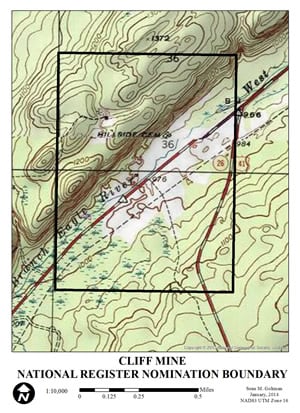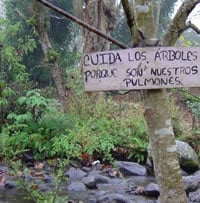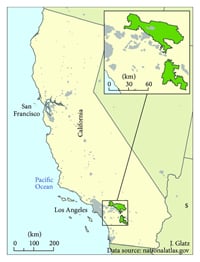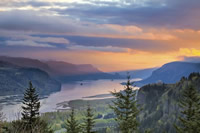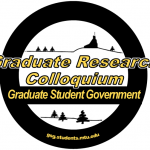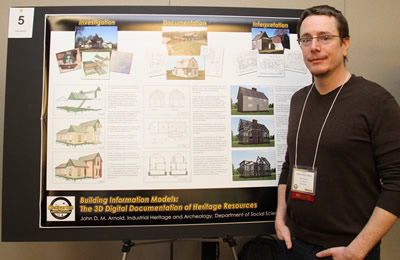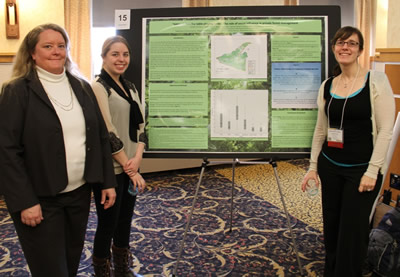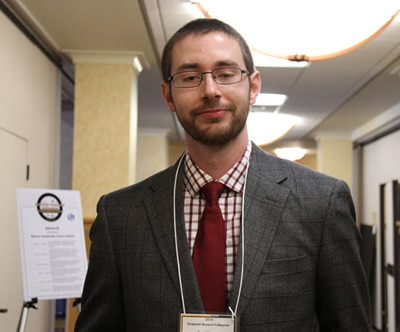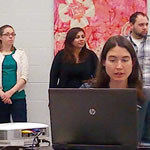 Guest article: Minewater Geothermal on the Keweenaw Peninsula
Guest article: Minewater Geothermal on the Keweenaw Peninsula
On December 12, 2013, a group of student researchers from Michigan Technological University presented their report on “Exploring the Social Feasibility of Minewater Geothermal in Calumet.” The students, led by Prof. Richelle Winkler, had spent their Fall semester devising and implementing a study to aid the Calumet community in the process of deciding whether and how we might best use this untapped resource.
